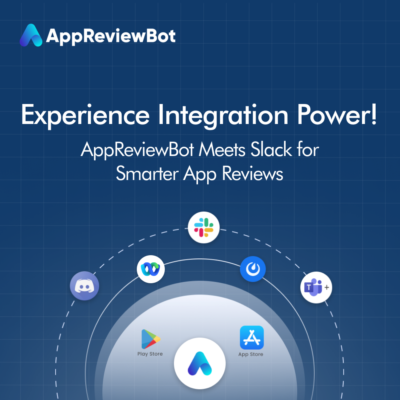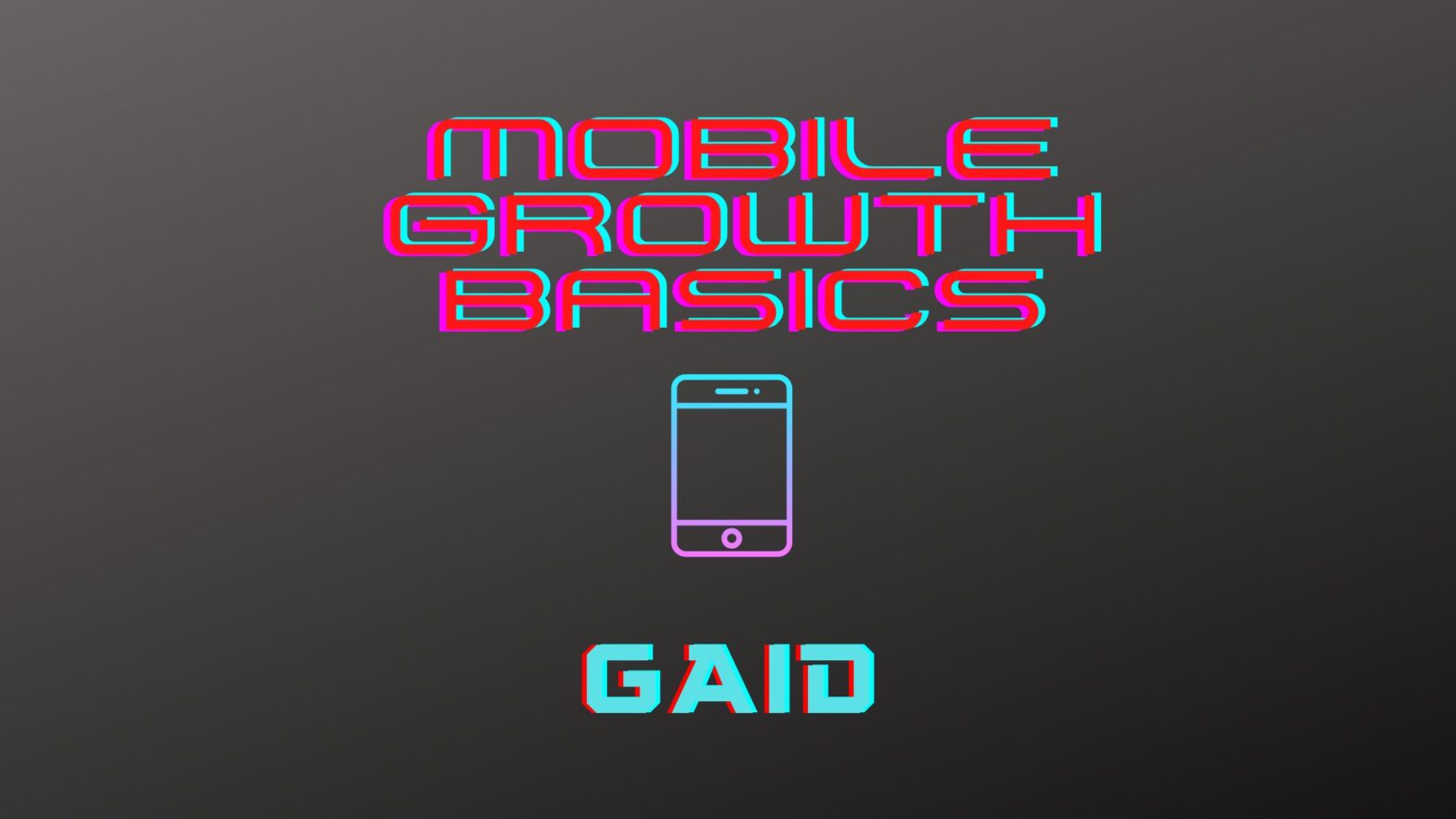The Google Advertising ID, more commonly referred to as GAID, is the user-resettable identifier assigned to every Android device. Similar to iOS’ IDFA, the GAID allows advertisers to anonymously track mobile users’ ad behavior and assign impression credit to certain ads in a process called attribution.
What does GAID do?
Until recently, the GAID helped mobile marketers in three main ways:
- Ad attribution
- Segmentation – offering unique experiences to organized groups of users based on specific traits/behavior
- Ad personalization – presenting ads based on users’ personal interests instead of general ads
How is GAID changing?
In June 2021, shortly after Apple’s ATT rollout, Google announced that starting in late 2021, if a mobile user opted out of ad personalization, advertisers would lose all access to that user’s GAID. In February 2022, Google expanded on this development by announcing changes to its Privacy Sandbox, an initiative to develop privacy-prioritized technology. The announcement introduced four proposals to address the developing advertising world:
- Topics – A way to segment users into interest groups and target them based on app usage without sharing individual data with third parties like ad networks or SDKs.
- FLEDGE – An API meant to serve relevant ads while anonymizing users’ web activity. FLEDGE assigns users to interest-based groups based on browsing patterns instead of third-party cookies.
- Attribution Reporting – An API designed to help marketers analyze UA campaign success better than SKAN. The API supports click-through and view-through attribution measurements and event-level and aggregated reports.
- SDK Runtime – A proposal that decouples apps and their SDKs, limiting SDK permissions and furthering the efforts to eliminate fingerprinting.
Running privacy-compliant campaigns
In light of these developments, mobile marketers should prepare for the real possibility of a future without fingerprinting and individual data attribution techniques. Contextual and interest-based advertising are already returning to popularity in the marketing world. As of now, changes to the GAID do not affect deep linking, so marketers should invest in well-implemented deep links and consider utilizing third-party attribution tools like MMPs.
To learn more about mobile growth and development updates and how they affect mobile marketers, join us at an MGA event.





 0
0



